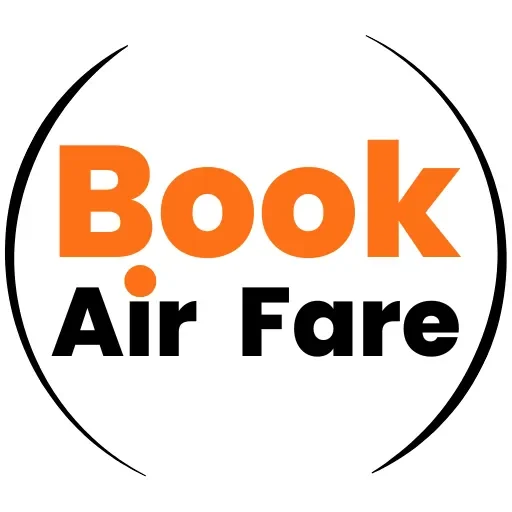
The Canada Carbon Rebate for Little Businesses may be a unique program the Canadian government plans to assist little businesses with fuel costs. Presented within the 2024 Budget, this program offers a refund or a return of some money little businesses spend on fuel charges. The most thought is to make things simpler for these businesses by giving them a little cash back.
This discount is particularly for businesses known as Canadian-controlled private organizations, or CCPCs. These trim or medium-sized businesses based in Canada are not controlled by outside or open companies and whose offers are not sold on enormous open stock markets.
The government uses the data it currently needs to choose which businesses get the discount and how much they get. This depends on the company’s number of representatives in specific Canadian territories and how much fuel it uses.
New Canada Carbon Rebate for Little Businesses
The Serve of Fund has not set the particular payment rates for each assigned area, so the precise discount sums cannot be assessed. The conveyance date for the discount has also yet to be declared, with upgrades anticipated within the coming months.
This program aims to assist small businesses in saving money on fuel, which can be costly, particularly for those who use some of it. Facilitating the monetary impact of fuel charges energizes ecologically inviting homes among businesses.
Eligibility Criteria for the Canada Carbon Rebate for Little Businesses
To qualify for the Canada Carbon Discount for Little Businesses, a company must meet specific criteria set by the government. These criteria offer assistance guarantee that the discount bolsters the aiming beneficiaries: little to medium-sized Canadian ventures that are essentially affected by fuel charges. Here’s a straightforward breakdown of the requirements:
- Type of Trade: The trade must be a Canadian-controlled private organization (CCPC), which suggests it is secretly possessed and controlled by Canadian residents.
- Employee Numbers: The trade must have utilized between one and 499 representatives throughout Canada during the calendar year which compares with the beginning of the fuel charge year. This location categorizes them as small —to medium-sized businesses, which are the essential targets for this rebate.
- Location of Workers: The commerce must have had workers in one or more of the assigned territories amid the fuel charge year. These areas include Alberta, Saskatchewan, Manitoba, Ontario, Modern Brunswick, Nova Scotia, Sovereign Edward Island, Newfoundland, and Labrador. Incorporating representatives in these areas is vital since the discount is calculated based on the number of representatives working in these locations.
- Tax Compliance: The trade must have recorded its charge return for the charge year ending in 2023 by July 15, 2024. This requirement guarantees that the businesses profiting from the discount are in good standing with their assessed obligations.
Calculation of the Rebate
The discount sum is decided by increasing the number of representatives a CCPC has in an assigned area by an installment rate set by the Serve of Fund for that particular territory and fuel charge year.
This implies that the discounts may shift depending on the area and the fiscal year. Assigned territories include Alberta, Saskatchewan, Manitoba, Ontario, Unused Brunswick, Nova Scotia, Ruler Edward Island, and Newfoundland and Labrador.
Claim Process
The one-of-a-kind viewpoint of this discount is its programmed dispersion. Qualified CCPCs do not need to apply; the discount is computed and issued based on the government’s information. This makes the method proficient and diminishes the authoritative burden on little businesses.
Definition of a Canadian Controlled Private Enterprise (CCPC). A few criteria characterize a CCPC:
- It must be a private corporation.
- It must be an inhabitant in Canada, consolidated in Canada, or have been an inhabitant since June 18, 1971.
- It ought not to be controlled by non-residents, open organizations, or any substance with its offers recorded on an outside stock exchange.
- A combination of these entities cannot control it.
- Overall, the Canada Carbon Rebate for Small Businesses may be an advantageous arrangement for decreasing operational costs for small businesses, helping them achieve more feasible financial growth, and helping them adapt to natural regulations.
